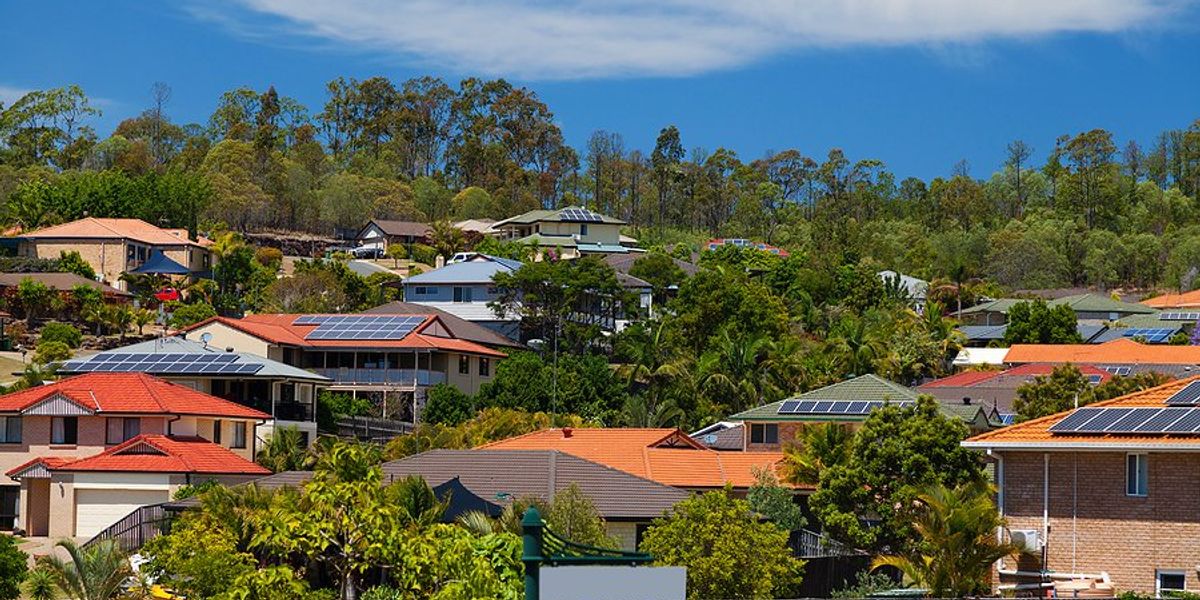vulnerable populations
Scorching heat wave in Mexico and Southwest US intensified due to climate change
Climate change has significantly worsened the recent deadly heat wave in Mexico and the Southwestern United States, making it 35 times more likely and 2.5 degrees hotter.
In short:
- Human-caused climate change increased the likelihood and severity of the heat wave, with daytime temperatures soaring 2.5 degrees hotter.
- Nighttime temperatures were even more devastating, becoming 2.9 degrees warmer and 200 times more likely, contributing to at least 125 deaths.
- The prolonged heat wave highlighted existing inequalities, as those without air conditioning faced greater risks.
Key quote:
"It’s an oven here; you can’t stay here."
— Margarita Salazar Pérez, Veracruz resident
Why this matters:
This heat wave underscores the immediate and lethal impact of climate change, exacerbating health risks and highlighting social inequalities. As extreme weather events become more common, the need for effective climate action grows ever more urgent. Read more: Worsening heat waves are hammering the disabled community.
Climate change is making it tough to insure homes in the US
As climate change intensifies, Americans face soaring home insurance costs, pushing some out of their homes.
- A report by First Street Foundation found millions of properties at significant risk from natural disasters, with private insurance deeming areas as uninsurable.
- Insurance companies are withdrawing from high-risk states like California and Florida, influenced by escalating disaster costs and climate change risks.
- The insurance industry's retreat disproportionately impacts economically disadvantaged communities, leaving many without coverage or facing exorbitant rates.
Key quote:
"A lot of folks who are the most vulnerable, and who are living in the most vulnerable areas, are the ones who tend to have the least financial means."
— Steve Bowen, chief science officer at Gallagher Re
Why this matters:
The escalating costs and decreasing availability of home insurance due to climate change calls for both immediate action to support vulnerable populations and long-term strategies to mitigate climate risks and protect those most affected. A 2023 story by Derrick Z. Jackson reports that nearly 15 million homes were impacted in 2021 by climate disasters and yet such trends have been largely accepted as the cost of doing business.
EU updates air pollution limits, yet falls short of optimal health standards
The European Union has revised its air pollution regulations, setting stricter limits on harmful pollutants, although these new standards still don't meet the World Health Organization's recommended levels.
In short:
- The EU has lowered annual limits for PM2.5 and nitrogen dioxide, aiming to significantly reduce air pollution's health risks.
- Despite these changes, the set targets remain double what the WHO advises for safe air quality levels.
- Loopholes within the legislation may allow member states to postpone compliance with these new standards for up to 10 years.
Key quote:
"Air pollution is still the number one environmental health problem in the EU. The good news is that clean air policy works, and our air quality is improving."
— Virginijus Sinkevičius, EU Environment commissioner.
Why this matters:
This update signifies a significant step towards cleaner air in Europe, potentially reducing premature deaths and economic burdens caused by pollution-related health issues. However, ongoing research continues to add to growing evidence that current air pollution laws are inadequate.
War's climate toll: Gaza conflict's heavy environmental impact
The Gaza war's emissions in just two months surpassed the yearly carbon output of a score of the world's most climate-vulnerable nations, a groundbreaking study indicates.
In short:
- The conflict produced 281,000 metric tons of CO2, mainly from Israel's military actions, equivalent to burning 150,000 tons of coal.
- U.S. cargo planes delivering military supplies to Israel contributed nearly half of these emissions.
- Rebuilding Gaza's damaged infrastructure will further exacerbate the climate crisis, with emissions comparable to New Zealand's annual output.
Key quote:
“This study is only a snapshot of the larger military boot print of war … a partial picture of the massive carbon emissions and wider toxic pollutants that will remain long after the fighting is over.”
— Benjamin Neimark, Senior Lecturer at Queen Mary, University of London.
Visit EHN's energy section for more top news about energy, climate and health.



















